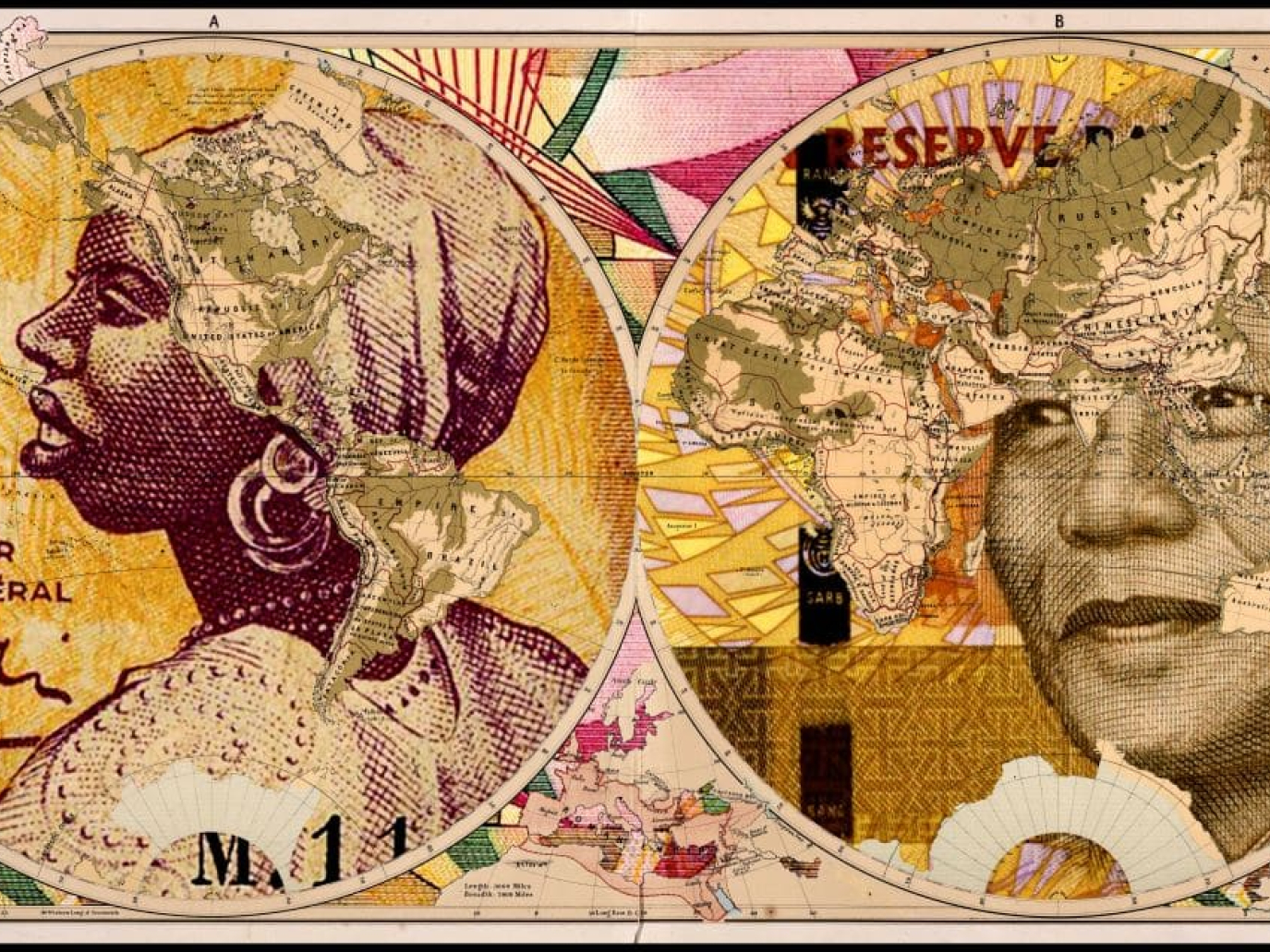This article is also available in Italian / Questo articolo è disponibile anche in italiano
For decades, the Global South has been warning us about the systemic failure of the preconceived view of the Western world to understand the complex social, economic and cultural transformations that countries such as Pakistan, Nigeria, Indonesia, Colombia, Egypt, Thailand and others are going through. From Edward Said, whose post-structuralism has dismantled the discursive system through which the West has created the image of the East as an exotic, irrational, backward, sensual and static “otherness”; to Dipo Faloyin's brilliant essay deconstructing the colonial image that still flattens Africa into a unified narrative (poor, tribal, chaotic, in need of rescue): the voices of the intellectuals of the Global South remind us that we are still victims of Orientalism.
That is, we are still confronted with the urgent need to decolonise our imaginary, stuck in outdated stereotypes and representations that are fifty or even five hundred years old.
Misconceptions are also abundant when it comes to the ecological transition. It is still widely believed that the emerging Asian economies have no interest in not polluting air and water, destroying nature without concern; that Africa is prone to climate disasters without any means of reacting, condemned to mass migrations and the bankruptcy of other states; that Latin American countries continue to suffer the abuses of Western energy multinationals and are in thrall to intensive livestock farming for the obligatory asado. As ever, reality is more complex and multifaceted than the narrow-minded conclusions of outdated Westernist intellectuals such as the Italian journalist Federico Rampini, the French philosopher Michel Onfray or the Teutonic polemicist Peter Sloterdijk.
Problems are still many of course, but there are, as you will discover in this issue, many forces striving to do their part for climate and biodiversity, for nature and for social transition. Read the interview with Lerato Mataboge, Commissioner of the African Union's Department of Infrastructure and Energy, who recalls the AU's “unwavering commitment to Africa's structural and sustainable transformation”.
Business initiatives with indigenous communities to promote regenerative agriculture are taking place, especially in Latin America, as Antonella Totaro reports. The circular economy is advancing fast in some of the most dynamic economies in Africa, as well as in Asia, as Shalini Bhalla talks about in relation to India. The megalopolises of the global South, illustrated with Martin Roemers' beautiful photos, sometimes adapt in innovative and original ways to eliminate emissions but above all to adjust to the more dangerous effects of climate change.
At the same time, extractivist neocolonialism, tied to critical raw materials or natural resources such as wood and soil, persists in many countries, and many governments in the Global South are not up to the challenge of ecological transition. Even the administration of Luiz Inácio Lula da Silva, which will host the very important COP30 in Belém in November, is struggling to establish itself as a global leader of peace with nature and decarbonisation, and to curb deforestation and the exploitation of new oil deposits.
Yet, the Global South, could really create a third way, between Europe's capitalist and hyper-technological Green Deal and the US's climate-denying and destructive approach.
DOWLOAD AND READ ISSUE #56 OF RENEWABLE MATTER: GLOBAL SOUTH
Cover: Figures 1867, Principal Countries of the World © Malala Andrialavidrazana



